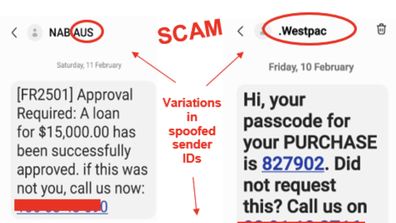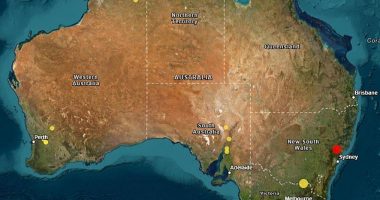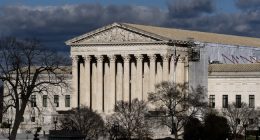AGL Energy, whose board was recently reshuffled by Atlassian billionaire Mike Cannon-Brookes, described ransom bans as a dangerous double-edged sword.
Prohibiting ransoms may reduce the volume of attacks, AGL said, but it could also result in “potentially avoidable catastrophic damage, harm to community, loss of life, disruption of essential services or disclosure of sensitive information”.

“In some circumstances and for some organisations, the payment of a ransom demand may be the only path to achieving acceptable outcomes,” AGL said in its 15-page submission towards a review of Australia’s cyber security strategy.
The nightmare scenario for many governments is a cyberattack on power grids, paralysing vital infrastructure for massive swathes of the population.
AGL said the government should instead strongly discourage payments and revisit imposing a ban when Australia has more resilient cyber security capabilities in place.
Following a wave of high-profile attacks on some of the country’s biggest companies, the government wants to bolster the national defence against devastating hacks.
The government is seeking submissions from companies, like AGL, as it sets out to modernise its cyber strategies, a move critics have argued is long overdue.
Read Related Also: What happened to Eric Bolling? Wiki: Son’s Eric Chase Death, Wife Adrienne, Fox News, Net Worth
In its submission, the Australian Institute of Directors aligned with AGL, saying it “is not convinced that a strict legislative prohibition on the payment of ransoms and extortion demands by either victims or insurers is appropriate”.
Finance firm Latitude and Medibank have both recently refused to pay hackers ransoms, inline with the advice of government and Australian Federal Police.

The text message to look out for that could trick almost anyone
But some international companies who have been hacked have given in to ransom demands, seeing no easy way out of a sticky situation.
Petrol stations across the eastern and southeastern US were thrown into chaos until the ransom deal was brokered, leading to pipelines again being turned on.
The FBI has historically discouraged, but not prohibited, US victims from paying hackers.








